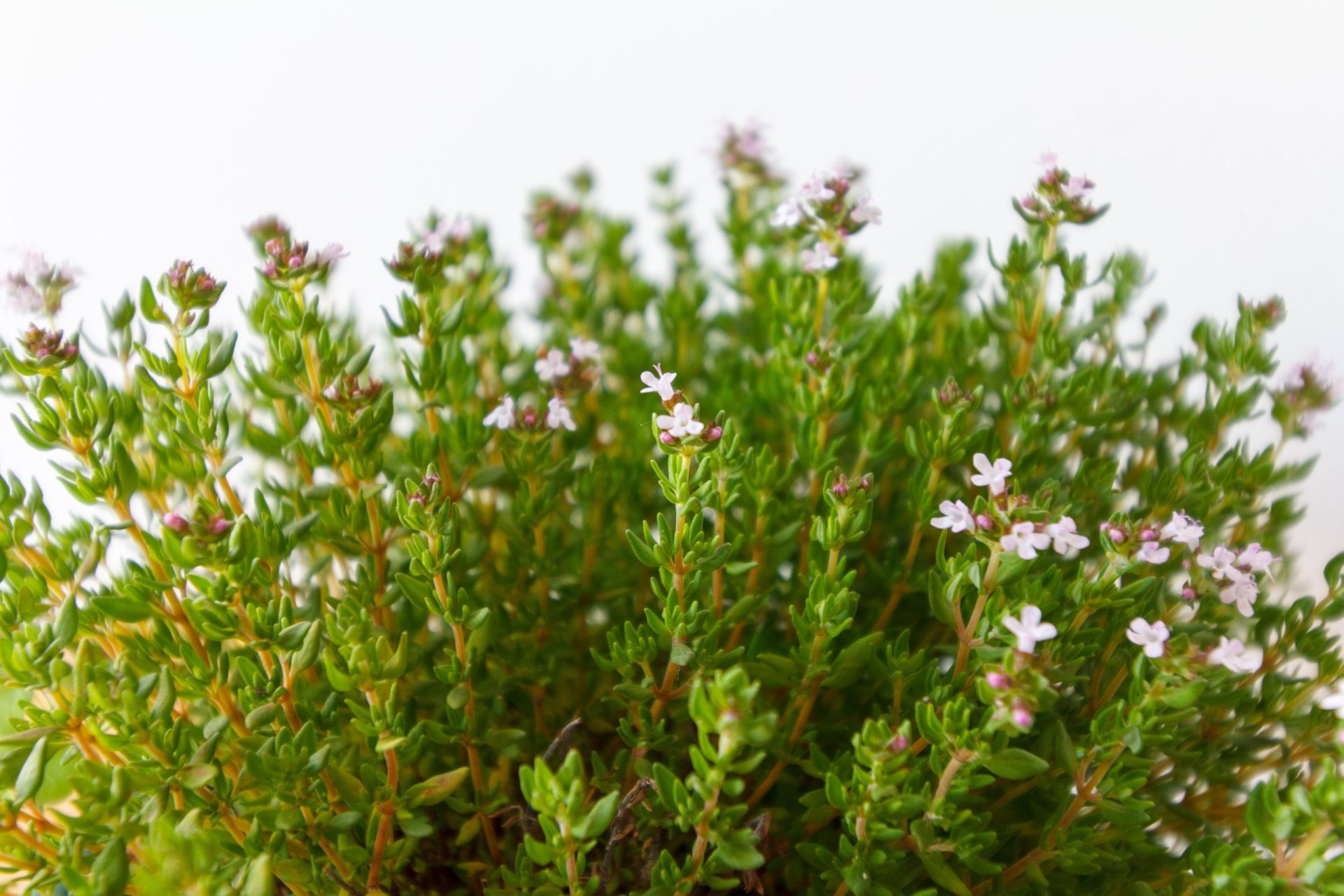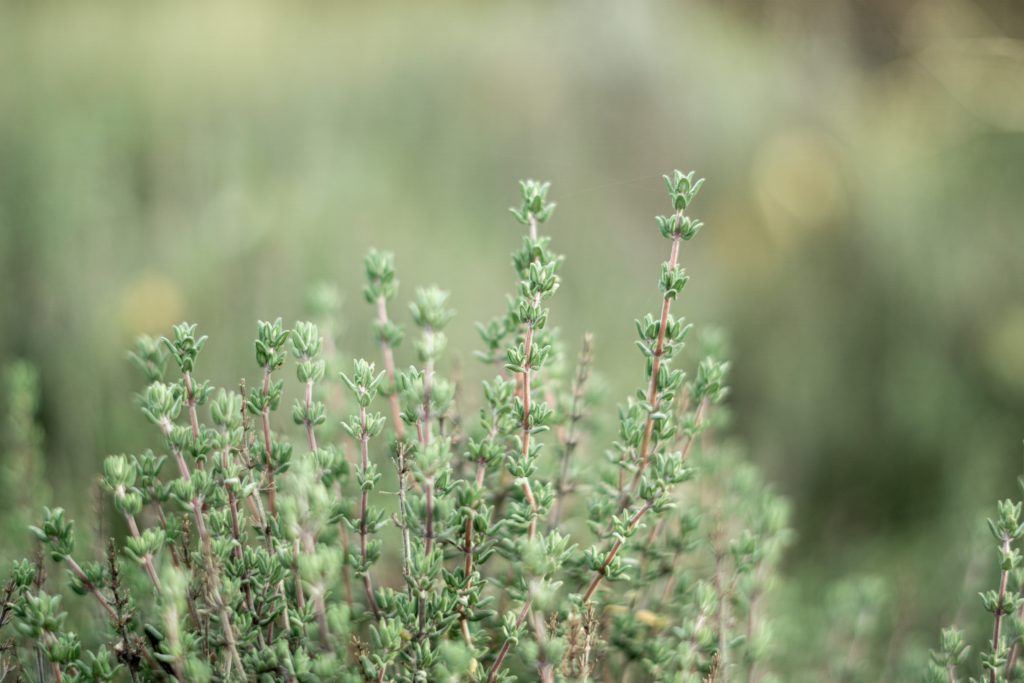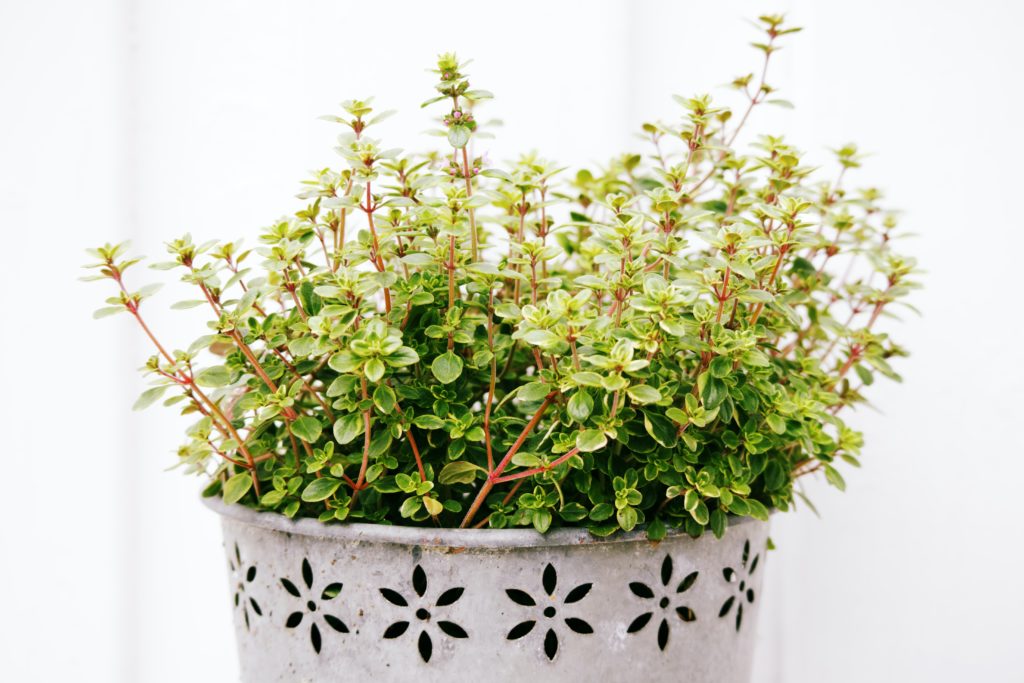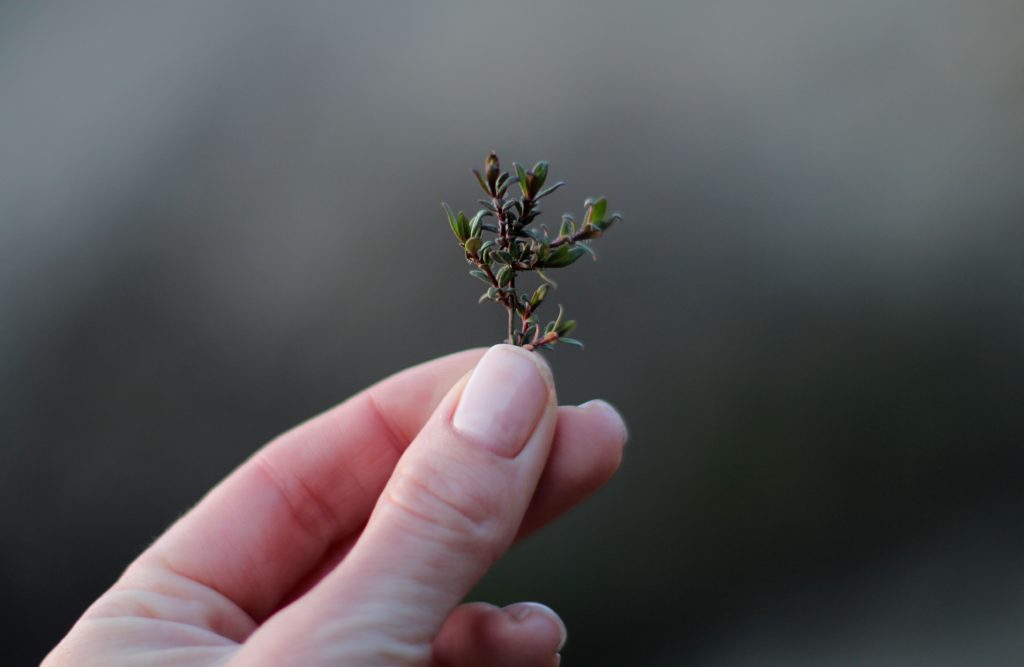Thyme Herb: Facts, Uses, & Benefits

Before diving in, please note: This post is for informational purposes only. If you’d like to know more about how we approach topics, feel free to check out our friendly Disclaimer Page.
Hey there, amazing readers! 🖐️ Just a quick note: yes, we know there are a lot of ads here. Trust us, we get it—it’s not the prettiest look, but they help us keep this blog alive and kicking. Those pesky little ads cover the costs of all the behind-the-scenes magic, from hosting and tech stuff to creating content we hope you’ll love.
We’re committed to delivering quality posts, and your support (even just sticking around despite the ads) means everything to us. So, bear with us, and thanks for helping us keep the good vibes rolling. Now, on to the fun stuff! 😉
TRANSLATE BUTTON AT THE END OF THE ARTICLE
Thyme is a prevalent and well-known culinary herb.
Many people use Thyme in stews, salads, meats, soups, and vegetables.
While growing, it is a very decorative plant and easy to grow, but be prepared because bees love Thyme.
Thyme is a widespread household herb and is a member of the mint family.
The plant is very aromatic and comes in many varieties.

Thyme is a frequently used herb in many fish dishes.
Oddly enough, honey bees love to suck the nectar from the Thyme plant as much as other insects loathe it.
Some people have made a mist spray of Thyme and water and used it as a bug repellent.
Various forms of Thyme are available year-round, but many people prefer to grow their own.
Nothing beats the smell and taste of fresh Thyme as long as you know to pick it just as the flowers appear.
Once fresh Thyme is harvested, it should be stored either in a plastic bag, in the crisper, or stood straight up in a glass of water; on the shelf in the refrigerator for easy access.
The bad news, fresh Thyme does not have a very long shelf life; you will be lucky if it lasts a week.
If you have selected fresh Thyme and decide to dry it, hang it upside down in a warm and dry atmosphere for about a week to ten days.

Then you can crumble it into a powdery form and store it in a sealed dark container for no more than six months.
You want to eliminate the stems as they tend to taste woody.
Thyme has some medicinal purposes and antiseptic, expectorant, and deodorant properties.
When combined with fatty meats, Thyme has been known to aid in digestion, especially with lamb, pork, and duck.
Herbal medicine has used Thyme for various things such as extracts, teas, compresses, baths, and gargles.
More modern medicine has chimed in and verified that Thyme might strengthen the immune system.
Distilled Thyme oils have been used to commercialize antiseptics, toothpaste, mouthwash, gargle, hair conditioner, dandruff shampoo, potpourri, and insect repellant.

It is also used to produce certain expectorants prescribed for whooping cough and bronchitis.
Thyme has also been used in part as an aphrodisiac and aromatherapy oil.
If by some chance you are in the middle of cooking recipes that calls for Thyme and you find that you are out, do not fret; it is said that you can use a pinch of oregano as a substitute if you have to.
Thyme is very often used when cooking European cuisine but is essential for the correct preparation of French foods as it has that faint lemony taste to it.
It has also been said that Thyme is one of the only herbs that a cook can not overseason with because the flavor is so mild.
Thyme is a primary spice that everyone should have stocked in their pantry.

The Enlightenment Journey is a remarkable collection of writings authored by a distinguished group of experts in the fields of spirituality, new age, and esoteric knowledge.
This anthology features a diverse assembly of well-experienced authors who bring their profound insights and credible perspectives to the forefront.
Each contributor possesses a wealth of knowledge and wisdom, making them authorities in their respective domains.
Together, they offer readers a transformative journey into the realms of spiritual growth, self-discovery, and esoteric enlightenment.
The Enlightenment Journey is a testament to the collective expertise of these luminaries, providing readers with a rich tapestry of ideas and information to illuminate their spiritual path.
Our Diverse Expertise 🌟
While our primary focus is on spirituality and esotericism, we are equally passionate about exploring a wide range of other topics and niches 🌍📚. Our experienced team is dedicated to delivering high-quality, informative content across various subjects ✨.
To ensure we provide the most accurate and valuable insights, we collaborate with trusted experts in their respective domains 🧑🏫👩🏫. This allows us to offer well-rounded perspectives and knowledge to our readers.
Our blog originally focused on spirituality and metaphysics, but we’ve since expanded to cover a wide range of niches. Don’t worry—we continue to publish a lot of articles on spirituality! Frequently visit our blog to explore our diverse content and stay tuned for more insightful reads.
Discover the "Healing Power of Herbs" 🌿
Unlock the ancient wisdom of herbal remedies with this comprehensive guide! Perfect for beginners and enthusiasts alike, this e-book dives into the powerful benefits of herbs for health, wellness, and natural healing.
Inside, you’ll find:
Easy-to-follow recipes for teas, tinctures, and remedies.
A guide to the most effective herbs for common ailments.
Tips on growing and storing your own herbs.
Transform your health naturally and embrace the healing power of nature. 🌱 Start your journey today!







